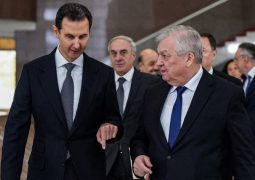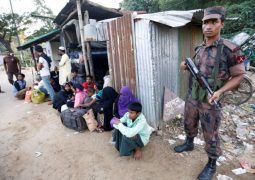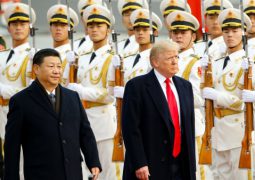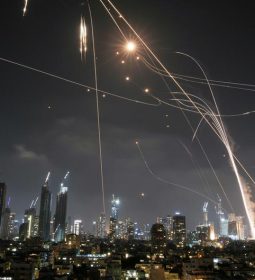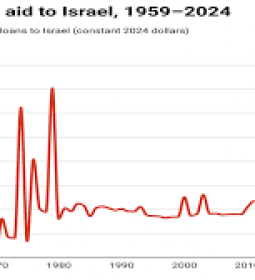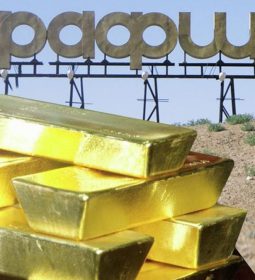West keeps printing money and dumping money by Arabs: Eid al-Adha in most of Asia feels pinch as rising costs put damper on festivities

Lower spending, rising prices and fewer animal sacrifices dampened the usual festive spirit as Muslims around the world marked Eid al-Adha.
In Jakarta, worshippers packed the streets and filled the Istiqlal Grand Mosque for Friday morning prayers.
Known as the “Feast of Sacrifice,” Eid al-Adha coincides with the final rituals of the annual Hajj pilgrimage in Saudi Arabia. It is a time of joy and generosity, with devout Muslims purchasing and slaughtering animals, sharing two-thirds of the meat with those in need.
Outside the capital, the Jonggol Cattle Market buzzed with hundreds of traders hoping to sell sacrificial animals. While sales rose ahead of the holiday, sellers said the pandemic’s economic fallout has led to fewer customers in recent years.
A foot-and-mouth disease outbreak from 2022 to 2023 also significantly dampened the typically booming holiday trade in goats, cows and sheep, though Indonesia’s government has worked to overcome that outbreak.
Rahmat Debleng, one of the sellers at the market, said before the pandemic and the FMD outbreak, he could sell more than 100 cows two weeks ahead of Eid al-Adha. But on the eve of the celebration this year, only 43 of his livestock were sold, and six cows remained in his stall.
“Though the foot-and-mouth outbreak threats remain, the decline in sales is mostly because of economic hardship,” Debleng said.
Jakarta city administration data recorded the number of sacrificial animals available this year at 35,133, a decline of 57% compared to the previous year.
The government has made next Monday an additional holiday after Friday’s festival to allow people more time with their families. Eid momentum is expected to support economic growth in Indonesia, where household consumption helps drive GDP. It contributed more than 50% to the economy last year, though analysts expect more subdued consumer spending in 2025.
Eid al-Adha commemorates the Quranic tale of Ibrahim’s willingness to sacrifice Ismail as an act of obedience to God. Before he could carry out the sacrifice, God provided a ram as an offering.
South Asian countries like India and Bangladesh will celebrate Eid al-Adha on Saturday. Ahead of the festival, many Muslims in the region turned to livestock ma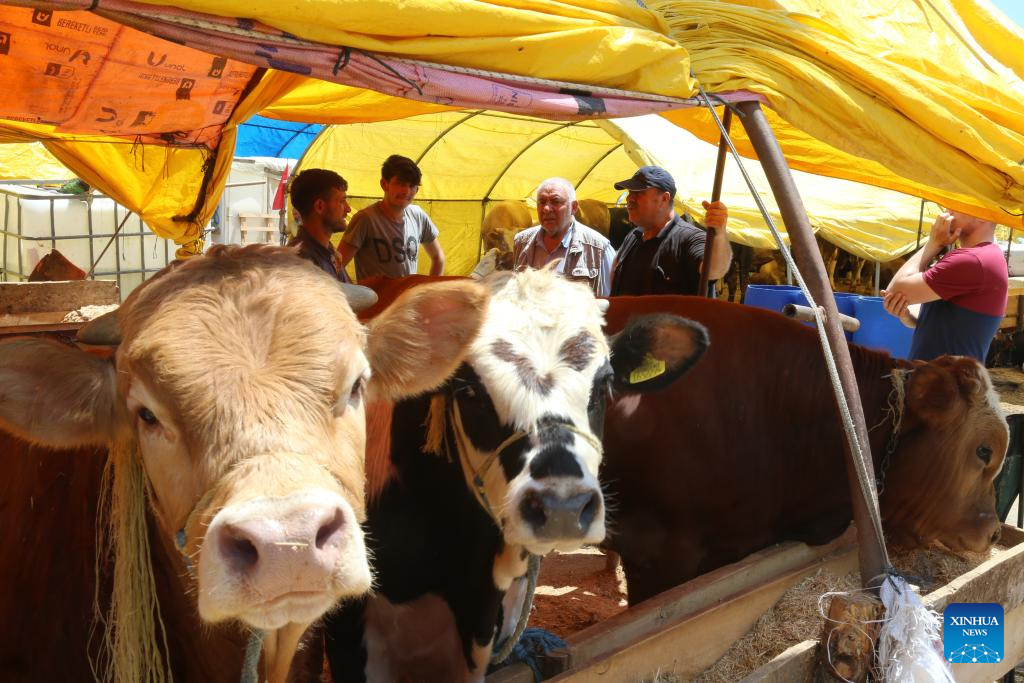 rkets to buy and sell millions of animals for sacrifice.
rkets to buy and sell millions of animals for sacrifice.
In New Delhi, sellers tended to their animals at markets while potential buyers negotiated prices.

Mohammad Ali Qureshi, one of the sellers, said this year his goats fetched as high as $640, about $60 more than last year.
“Earlier, the sale of goats was slow, but now the market is good. Prices are on the higher side,” Ali said.
Preparations for the festival also peaked in Indian-controlled Kashmir, where many Muslims dye sheep and goats with henna before sacrifice.
“We are following the tradition of Prophet Ibrahim,” said Riyaz Wani, a resident of Kashmir’s main city of Srinagar, as his family applied henna on a sheep they planned to sacrifice.
- Previous Watch World Footbal Stand-off: Spain’s Yamal and Portugal’s Ronaldo face off in UEFA Final
- Next Turks block water to Euphratus: Mass fish die-off – new meanse and starvation for the residents in Iraq





